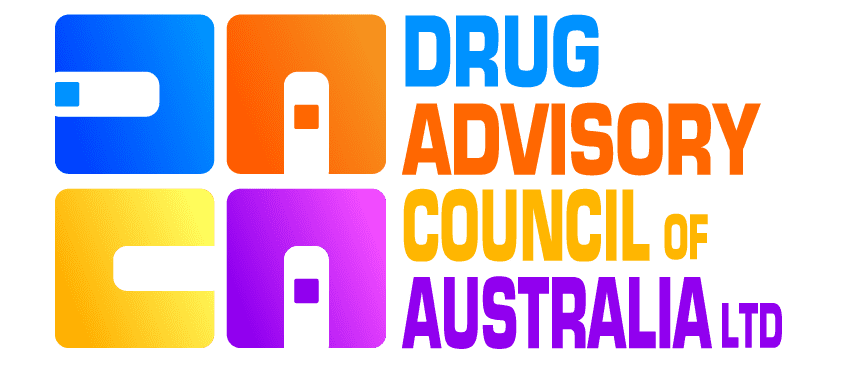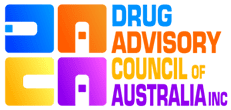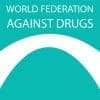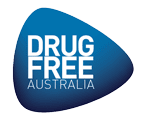Drugs Explained


GBH (gamma hydroxybutyrate)
GHB is a depressant drug, which means it slows down messages travelling between the brain and body.
GBL (gamma butyrolactone) and 1,4-BD (1,4-butanediol) are chemicals that are closely related to GHB. Once GBL or 1,4-BD enter the body, they convert to GHB almost immediately.
GHB usually comes as a colourless, odourless, bitter or salty liquid, often sold in small bottles or vials. It can also come as a bright blue liquid known as ‘blue nitro’, and less commonly as a crystal powder.
What are the effects of GBH?
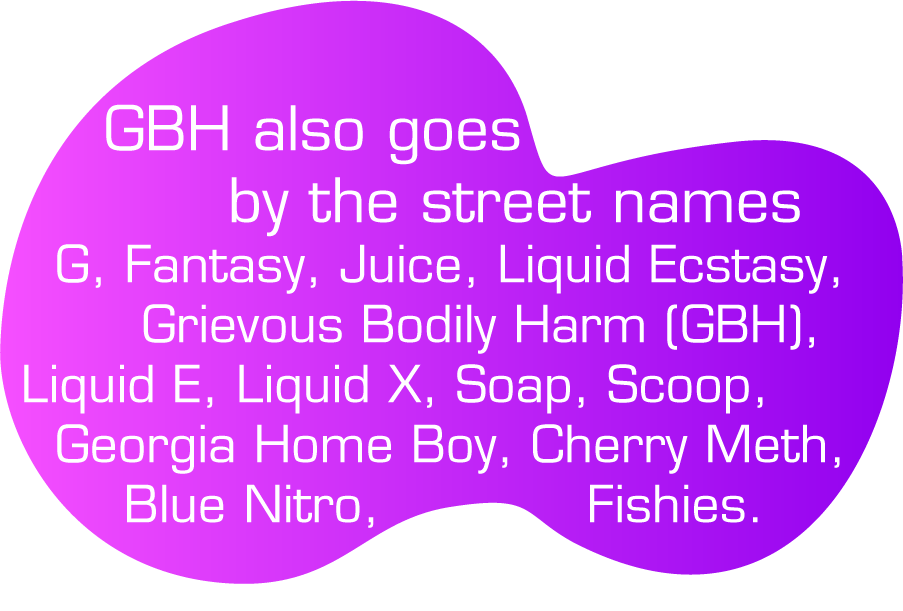
GHB can cause many serious side effects including:
- Headaches
- Hallucinations
- Dizziness
- Confusion
- Nausea and vomiting
- Drowsiness
- Diarrhoea
The prescription medication gamma hydroxybutyrate (sodium oxybate) is possibly safe for adults who are taking it under close medical supervision for symptoms of a condition called narcolepsy.
Gamma hydroxybutyrate (GHB) is unsafe and illegal for use as a dietary supplement. Use of GHB, or the closely related gamma butyrolactone (GBL) and butanediol (BD), has been linked to at least three deaths and 122 cases of serious side effects.
- Numbing of legs
- Sexual arousal
- Vision problems
- Tightness of chest
- Poor memory, thinking and concentration
- Mental changes
- Combativeness
- Serious breathing and heart problems
- Seizures
- Coma
- Death
GHB can be addictive. Long-term use may lead to withdrawal symptoms that are serious enough to require hospitalization.
What are the risks?
GHB also has some major interactions with prescription medications.
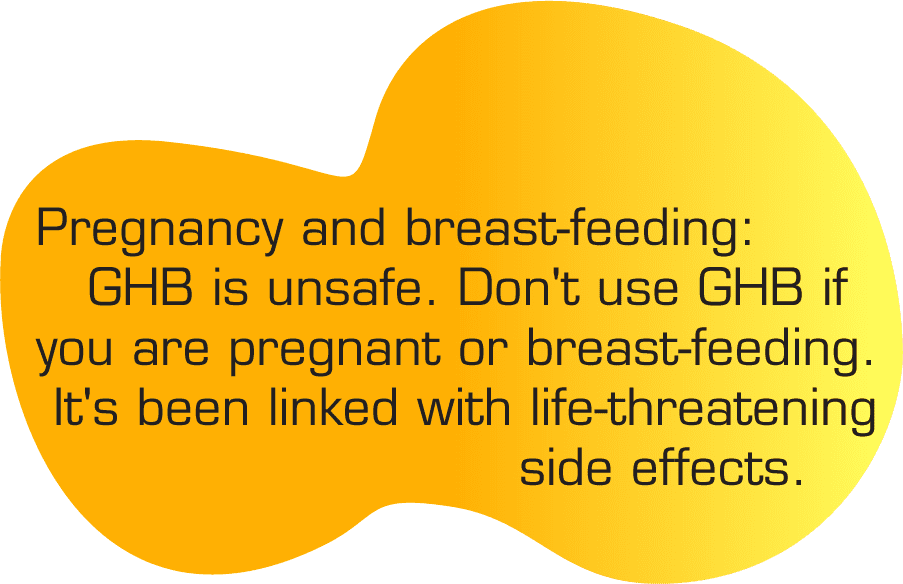

Special Precautions and Warnings
- Slow heart rate (bradycardia): GHB should be avoided since it can cause bradycardia.
- Epilepsy: GHB might cause seizures in people with epilepsy. Avoid use.
- High blood pressure: GHB might raise blood pressure. Avoid use.
- Surgery: GHB can affect the central nervous system. There is a concern that it might cause too much sleepiness if it is used along with anaesthesia and other nerve-numbing medications used during and after surgery. Stop using GHB at least two weeks before a scheduled surgery.
Get Help
If you, or someone around you, is experiencing undesired or distressing psychological or physical symptoms from the intake of alcohol or other drugs please seek immediate medical attention.
If you need urgent help from ambulance services call Triple Zero (000). If a person has been mixing drugs with alcohol or other drugs, tell the paramedic exactly what has been taken.
